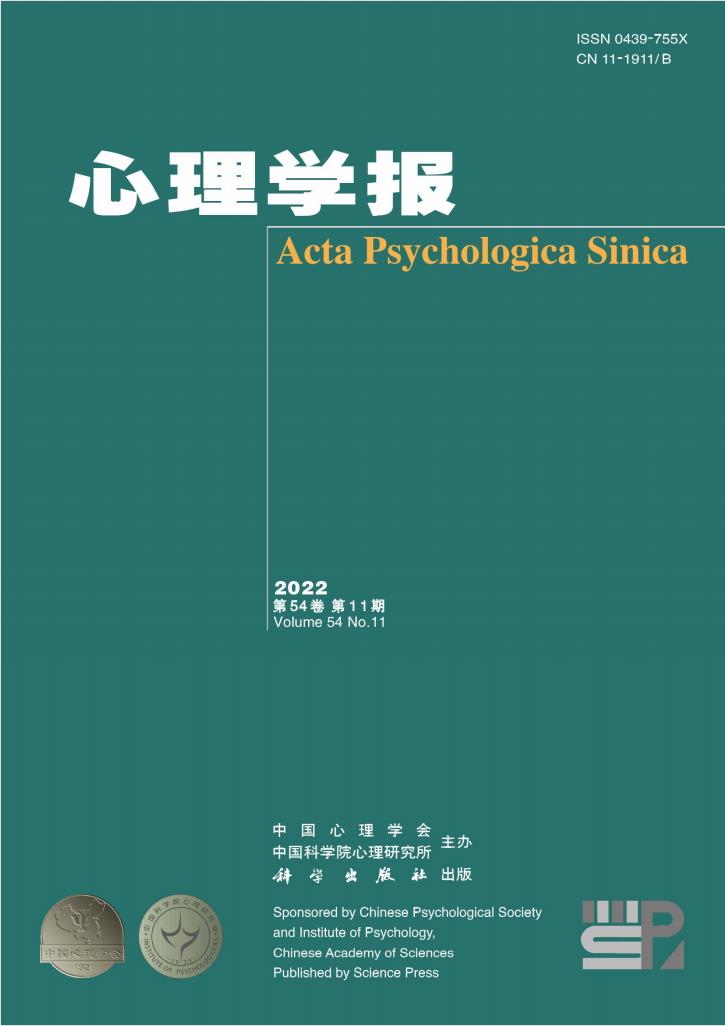Opportunity (in)equity affects outcome evaluation at an early cognitive stage: Evidence from event-related potentials
IF 1.3
4区 心理学
Q3 PSYCHOLOGY, MULTIDISCIPLINARY
引用次数: 0
Abstract
Opportunity equity is highly desired in human society. Previous studies have shown that opportunity (in)equity influences the evaluation of subsequent outcomes. However, it is unclear whether this influence occurs only at an early cognitive stage or extends to a late cognitive stage as well. Based on the notion that “people seem to be more committed to outcome equity than opportunity equity,” we hypothesized that opportunity (in)equity would affect outcome evaluation at an early stage in the cognitive process, but not at a late stage. Additionally, we indicate how limitations in the experimental design and data analysis of previous studies may have affected their conclusions. To examine the cognitive stage at which opportunity (in)equity influences outcome evaluations in a competitive social context, we recruited 31 college students (19 females, 19.52 ± 1.46 years) to participate in a competitive two-person choice game with their opponents. To account for the difference between subjective and objective predictions and the effect of varied choice numbers, we designed the game so that the participants had four cards in all trials. In contrast, their opponents randomly received two, four, or six cards in each trial, creating three opportunity conditions: advantageous opportunity inequity (AI), opportunity equity (OE), and disadvantageous opportunity inequity (DI). Both players selected only one card from the available options to compare their outcomes, which could result in a win, draw, or loss. Similar to previous studies, we recorded and analyzed event-related potential responses to actual outcomes, focusing on feedback-related negativity (FRN) and P300. We performed principal component analysis (PCA) to disentangle the overlap of FRN and P300. The analysis of behavioral results of our study demonstrated a significant interaction between opportunities and outcomes in relation to subjective pleasantness rating scores, indicating that opportunity (in)equity indeed influenced outcome evaluation. Furthermore, we found a significant interaction between opportunities and outcomes for both the original and PCA-FRN amplitudes, indicating that opportunity (机会公平影响早期认知阶段的结果评价:来自事件相关电位的证据
本文章由计算机程序翻译,如有差异,请以英文原文为准。
求助全文
约1分钟内获得全文
求助全文
来源期刊

心理学报
Psychology-Psychology (all)
CiteScore
1.70
自引率
13.30%
发文量
1612
期刊介绍:
Acta Psychologica Sinica (ISSN 0439-755X) is a scholarly journal sponsored by the Chinese Psychological Society and the Institute of Psychology, Chinese Academy of Sciences, and published monthly by the Science Press.
Acta Psychologica Sinica has been included in many important national and international indexing systems such as SCOPUS (Elsevier), ESCI (Web of Science), PsycINFO (APA), CSCD. It is the flagship journal of the Chinese Psychological Society that publishes peer-reviewed original empirical studies and theoretical articles spanning the entire spectrum of scientific psychology.
Acta Psychologica Sinica publishes high-quality research that investigates the fundamental mechanisms of mind and behavior and aims to deliver scientific knowledge to enhance our understanding of culture and society. It welcomes submissions of manuscripts reporting research that is up-to-date, scientifically excellent, and of broad interest and significance.
 求助内容:
求助内容: 应助结果提醒方式:
应助结果提醒方式:


